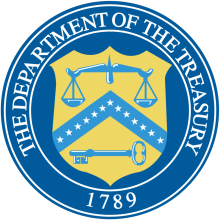Lexington, Tennessee Will Soon See Fiber Competition Thanks To Local Utility
Lexington, Tennessee is the latest U.S. city that will soon see the expansion of more affordable fiber thanks to the city-owned utility, Lexington Electric System (LES). LES’ recent $27.49 million state grant award will be the backbone of a new initiative that will both improve the utility’s electrical services, and deliver a long overdue dose of broadband competition to the area.
Cooperatives and utilities were huge winners in the latest round of awards from the Tennessee Emergency Broadband Fund, itself made possible by the American Rescue Plan. Of the $446.8 million in awards doled out by the state, utilities and cooperatives walked away with $204.4 million — or nearly half of all funds.
LES Lands Major Grant Funding
The second biggest grant recipient was LES, whose $27.49 million award will be used to deliver future-proof fiber to the 22,000 residents across Henderson, Decatur, Benton, Carroll and Hardin counties that already receive electricity service from the utility.

The utility’s original business plan estimated that it will take five years and roughly $42 million to deploy 2,101 miles of new fiber to about 88 percent (18,183) of its current electric customer base. It then proposed taking another five years — and an additional $1.2 million — to reach the remainder of the utility’s harder to reach service users.



